By Paul J Loosley
In London, in TV advertising, in the nineteen seventies something truly wonderful happened. And it had little to do with ‘Electric Soup’ or the ‘Devil’s Dandruff’.
Let me explain.
Robert Shail of Leeds Beckett University, a professor of film, talked about a new strain of 1970s advertising film director who brought, “a renewed sense of cinematic style and commercial acumen in an industry sorely in need of both”.
You see, for years, up until then, TV adverts had been the province of dull, plummy, snooty, reactionary, stuffy admakers whose upper crust tone of voice talked down from on high to that general scum who were the lower classes.
Well, finally the scum wouldn’t put up with it.
Sam Delaney, a new generation adman, pointed out, “this was a time in which social, political and cultural forces aligned to transform an industry that had once been dull and uninspiring into a hotbed of creativity”.
Britain’s new generation of admakers were still bathing in the mind-altering light of the 1960s and were strongly influenced by creative luminaries rising from the lower classes.
Radicalized British artists who began to dramatically dominate theatre, photography, art, music, politics and fashion; people like Bridget Riley, Vivienne Westwood, Harold Pinter, David Bailey, Peter Cook and Lennon & McCartney. Not to mention anti-establishment movie directors like Lindsay Anderson, Ken Loach, Tony Richardson and John Schlesinger
And so, from this newly enlightened society emerged a glowing nucleus of TVC film directors with names many of you may well recognise: Ridley Scott, his brother Tony, Adrian Lyne, Hugh Hudson and Alan Parker. Makers of dazzling TV commercials who went on to become very wealthy, very famous and some even to be elevated to knights of the realm.
Chaps who effortlessly transitioned from thirty seconds of clever, entertaining and thoroughly brilliant bits of communication for Hovis bread, Saab motor cars, Levi Jeans, Bird’s Eye Beef burgers and British Airways, to full-length feature films with names you must know; Gladiator, Alien, Top Gun, Flashdance, Chariots of Fire, Midnight Express and more. Tons more.
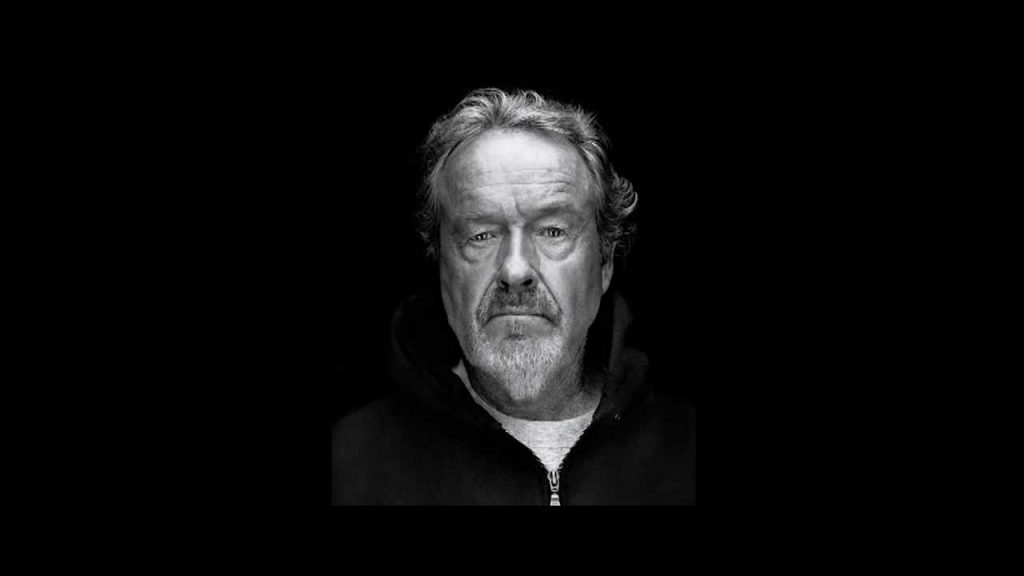

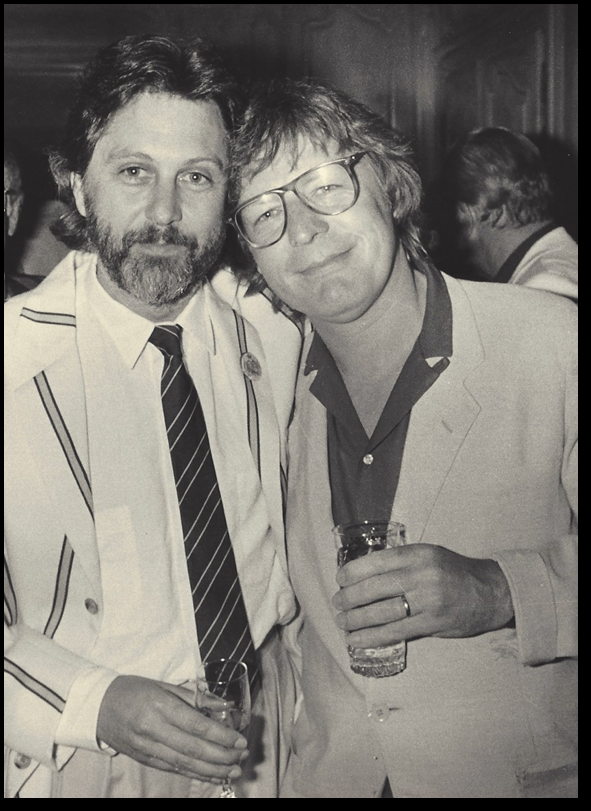
Notable British film producer and educationalist Lord David Puttnam provides some insight, “[they] revolutionized the small-screen commercials art-form”, he goes on to describe their work as, “luminous images and mini-features using real people and real stories”.
Another film scholar, Lee Grieveson, with regard to the study of spectatorship, coins the phrase ‘industrial psychology’, a term that could be easily attributed to the skilled subversive art of the advertising film and the ultimate objective of the advertising director when he says, “film viewing is an abandoning of conscious mental processes”.
Above all, this is the acquired skill to communicate effectively, swiftly and deeply that these TVC makers learnt which successfully connected the 30 second film to the longer cinematic experience.
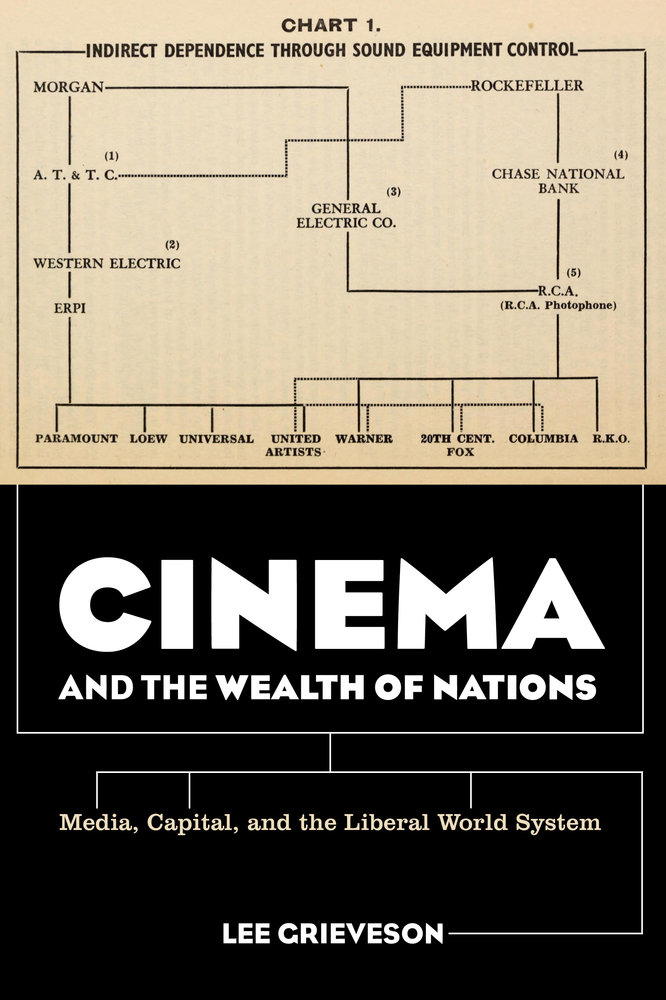
In consequence, these TV commercial directors assumed celebrity status, so much so, their names were heard around the globe – even in Hollywood.
Over the next few weeks, in a short series of articles, I am going to shine a light on how five of these British film-makers rose from the streets of Britain and successfully perfected the art of communicating in a fleeting few moments on the television goggle-box onto and into the dazzling light of the American cinema screen; and to uncover how the usual disciplines of scene, sexuality, montage, character and sound, when transferred from thirty seconds into two hours plus can totally subvert the status quo.
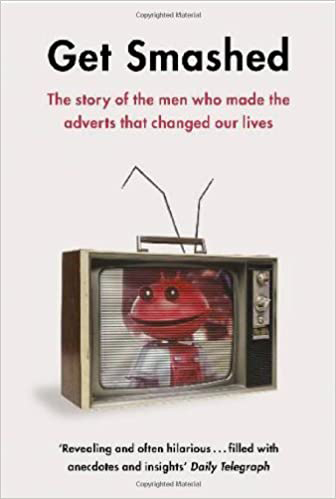
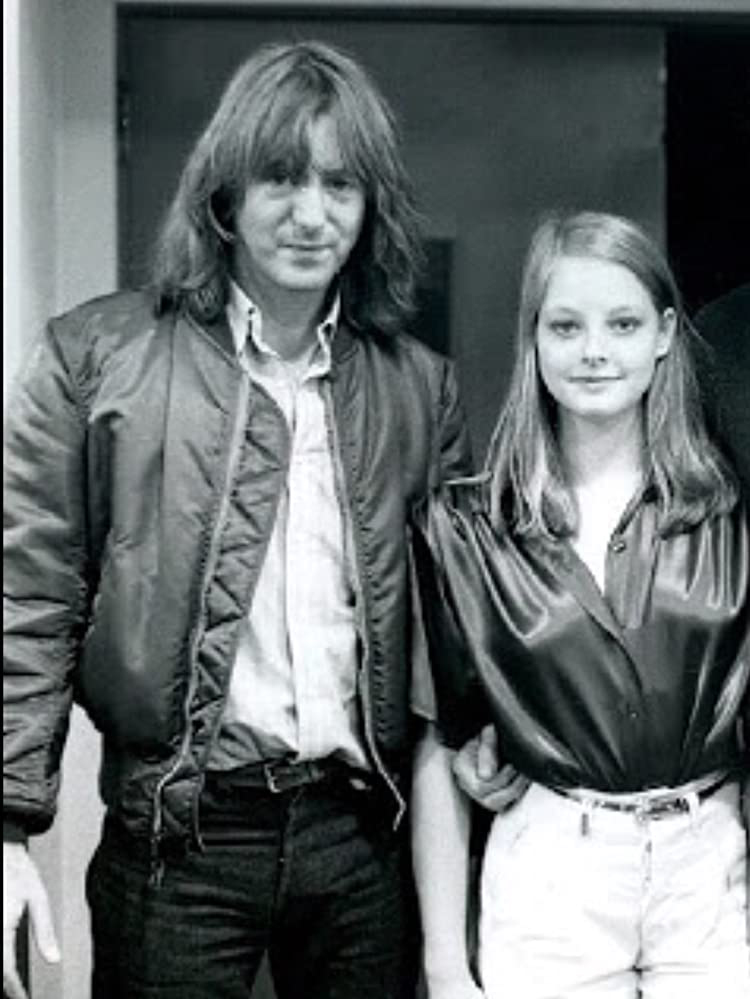

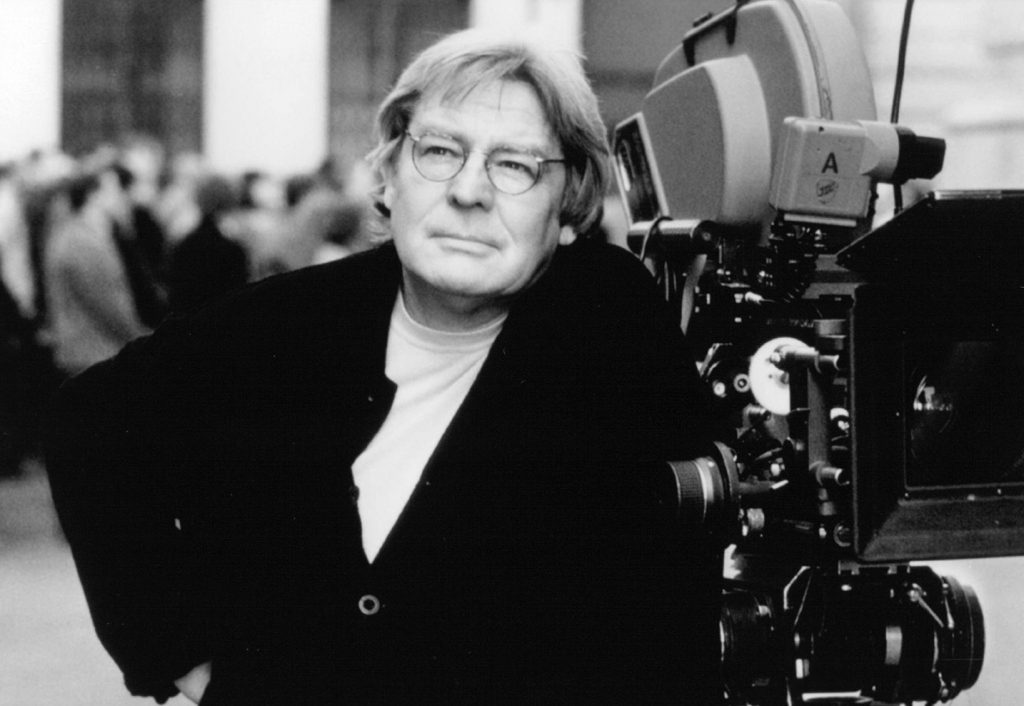
“Film viewing is an abandoning of conscious mental processes”

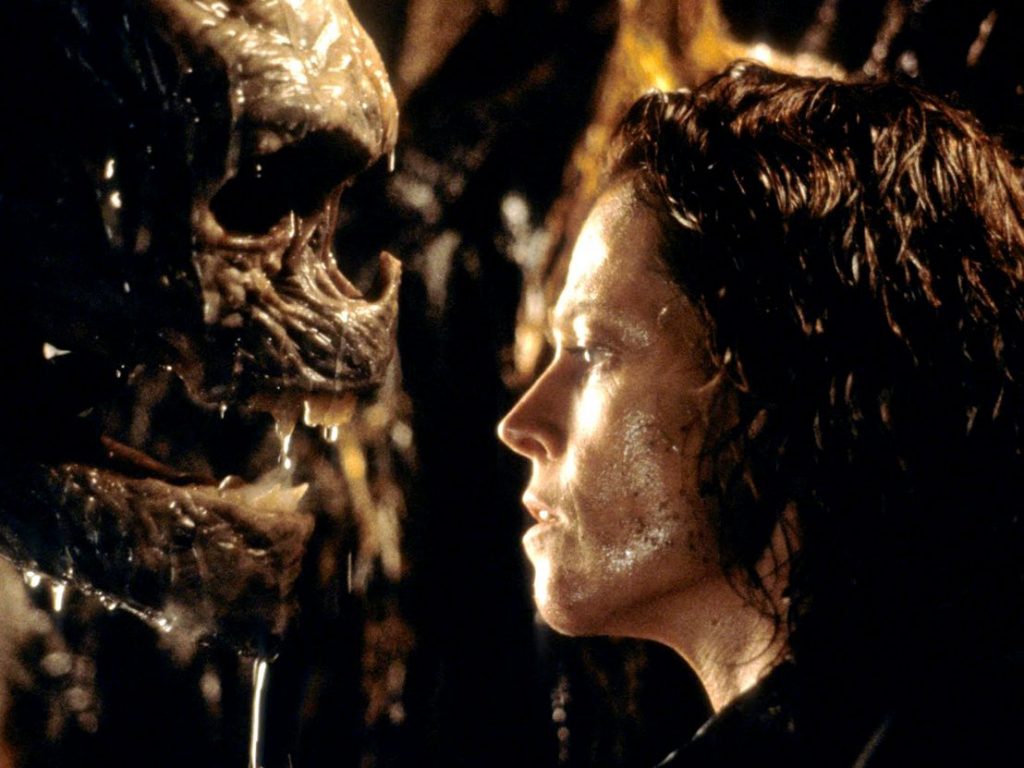
And finally ‘see the light’.
Next week. Part II, Ridley Scott: ‘As good for you today as it’s always been’.
Paul J Loosley is an English person who has been in Asia 40 years, 12 as a creative director and 26 making TVCs. And still, for some strange reason, he can’t shut-up about advertising. Any feedback; mail p.loosley@gmail.com (please keep it glowing).
To receive your free subscription to Marketing’s WEEKENDER magazine every Friday, save 0122052588 in your phone and WhatsApp the message “WANT”. Check out the latest issue here.
MARKETING Magazine is not responsible for the content of external sites.






